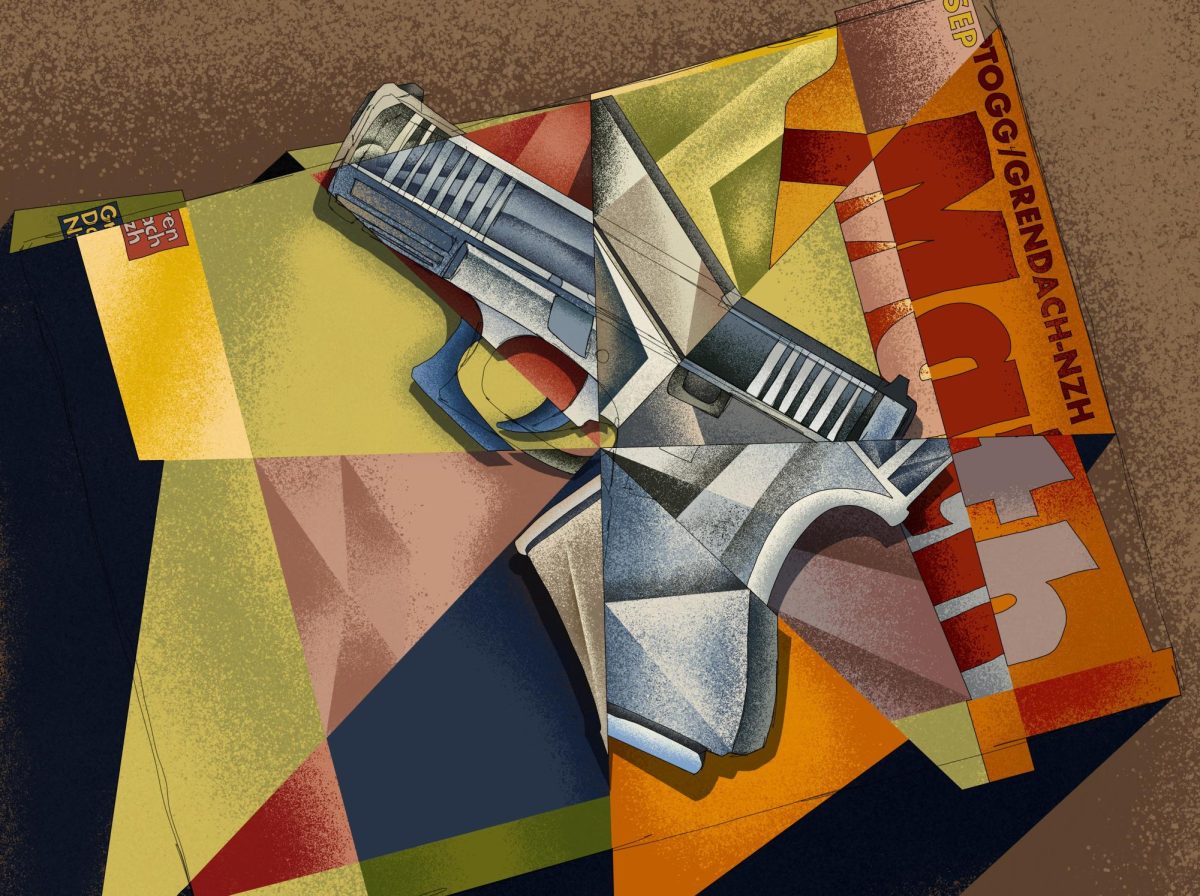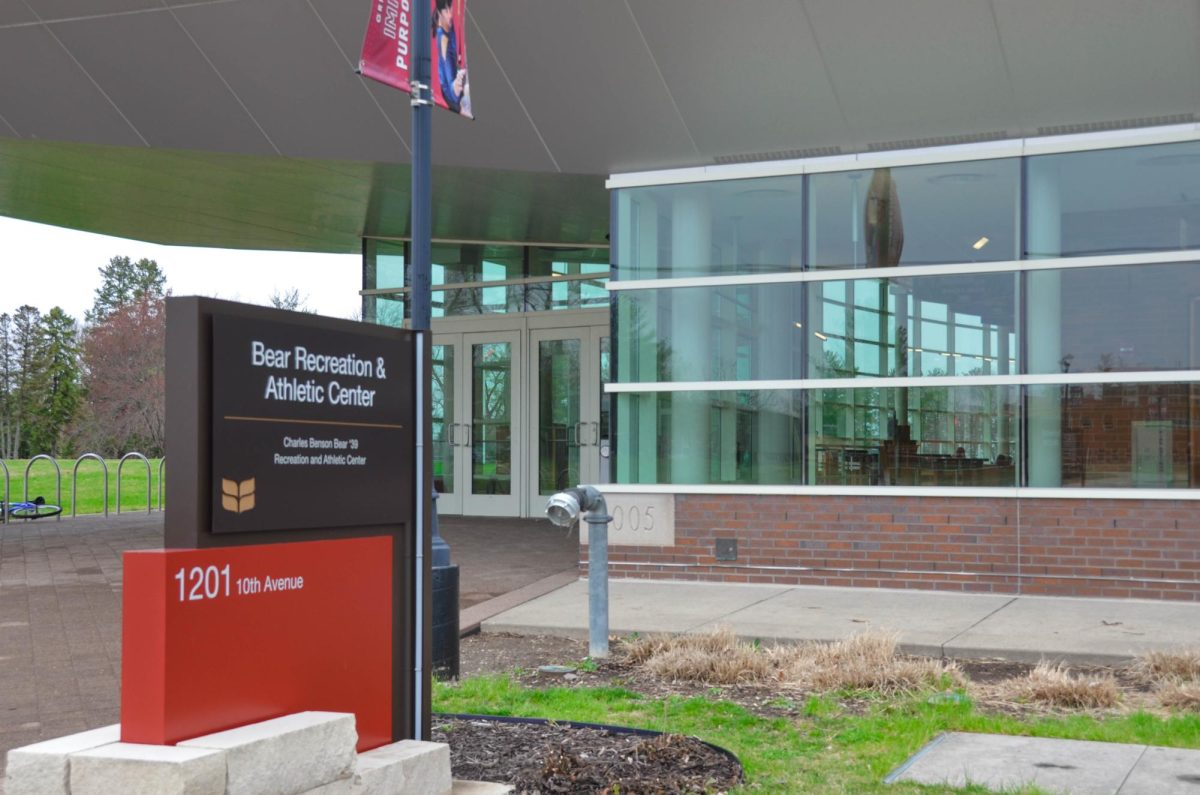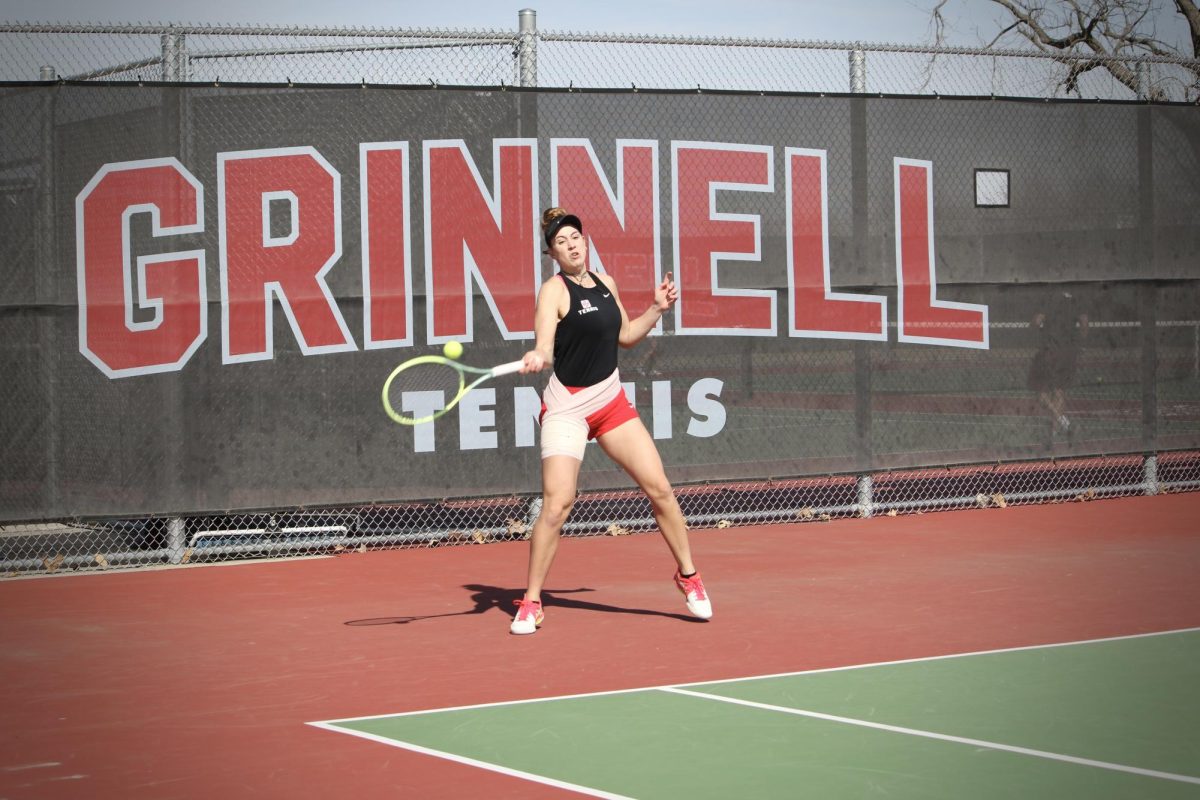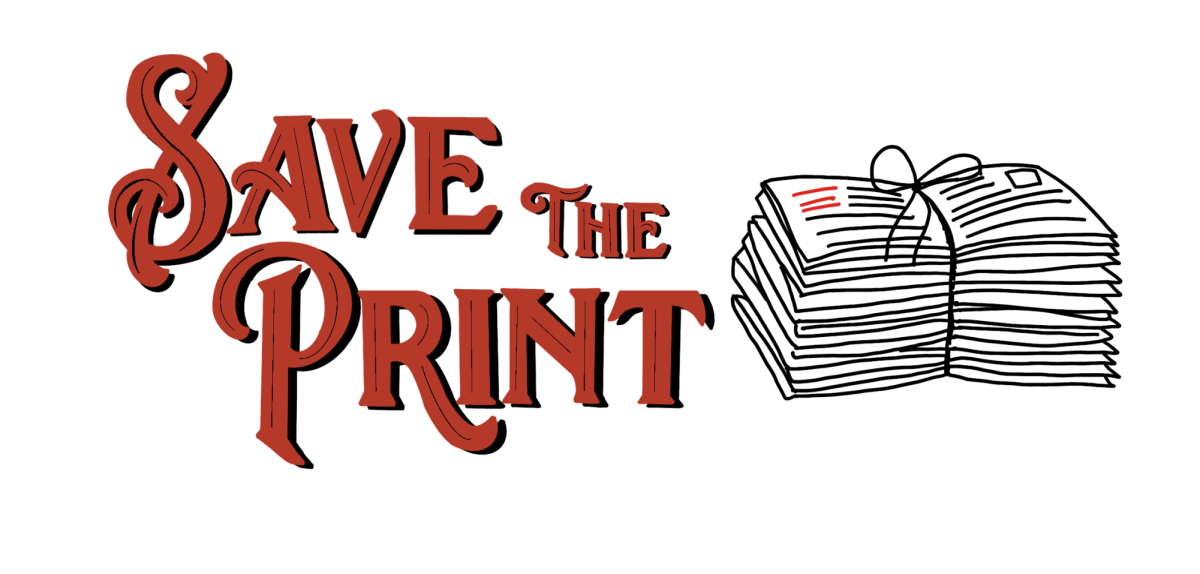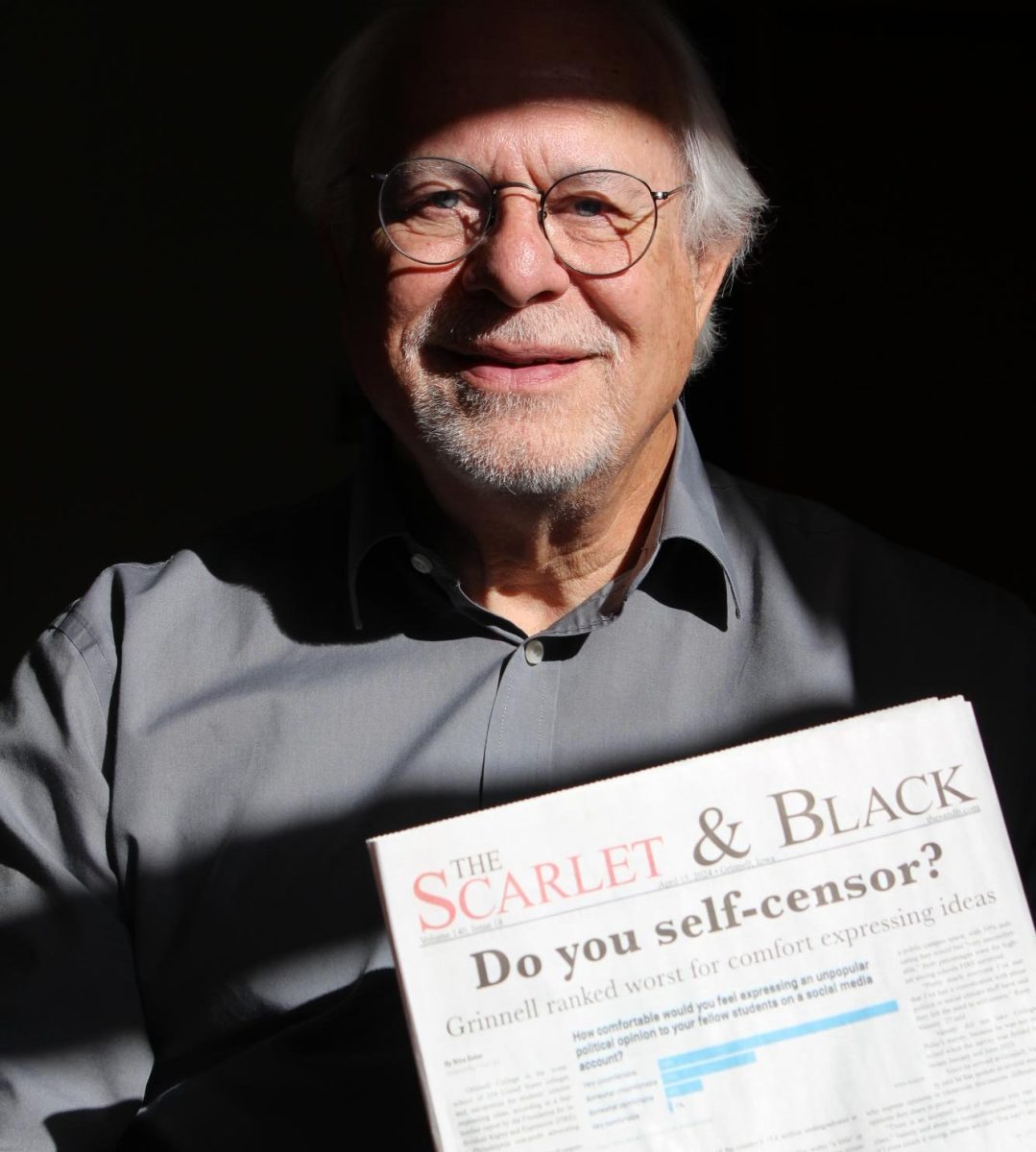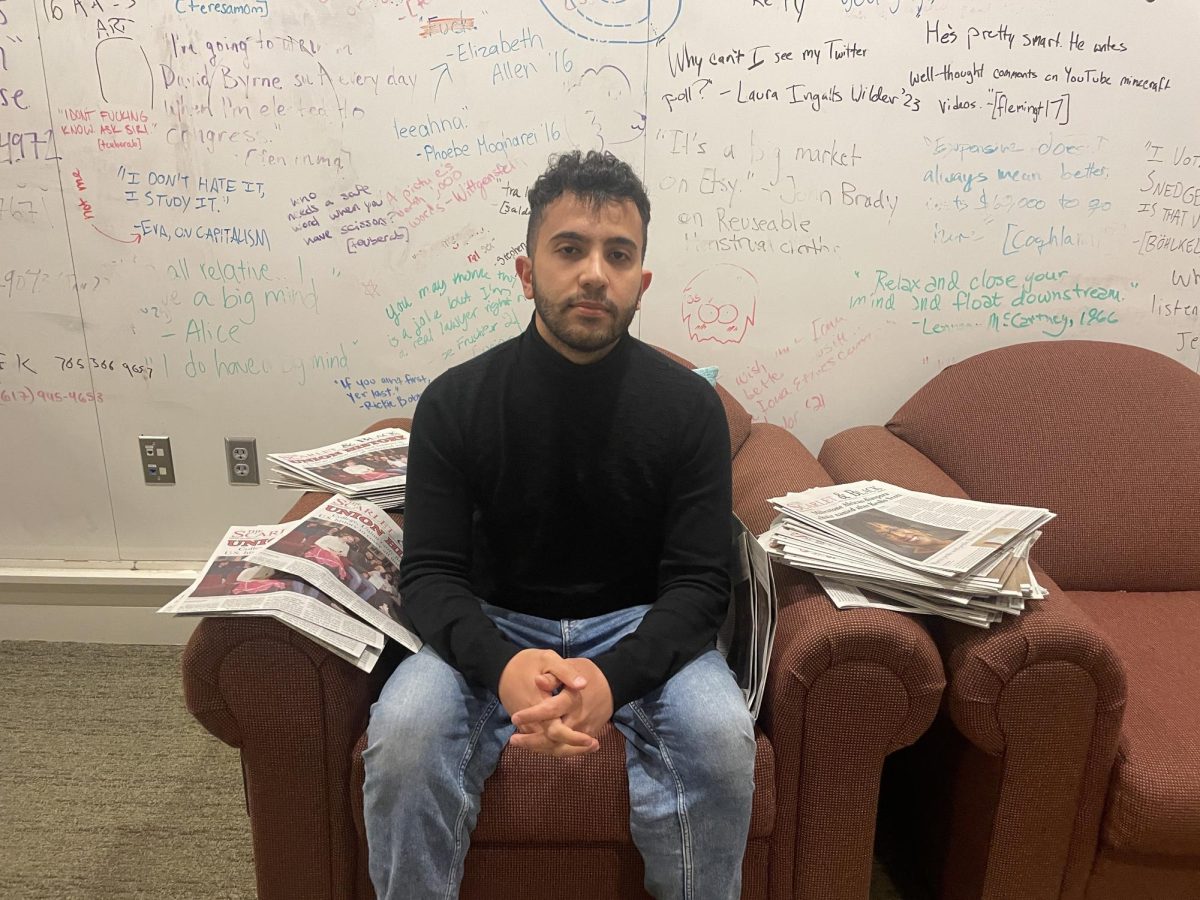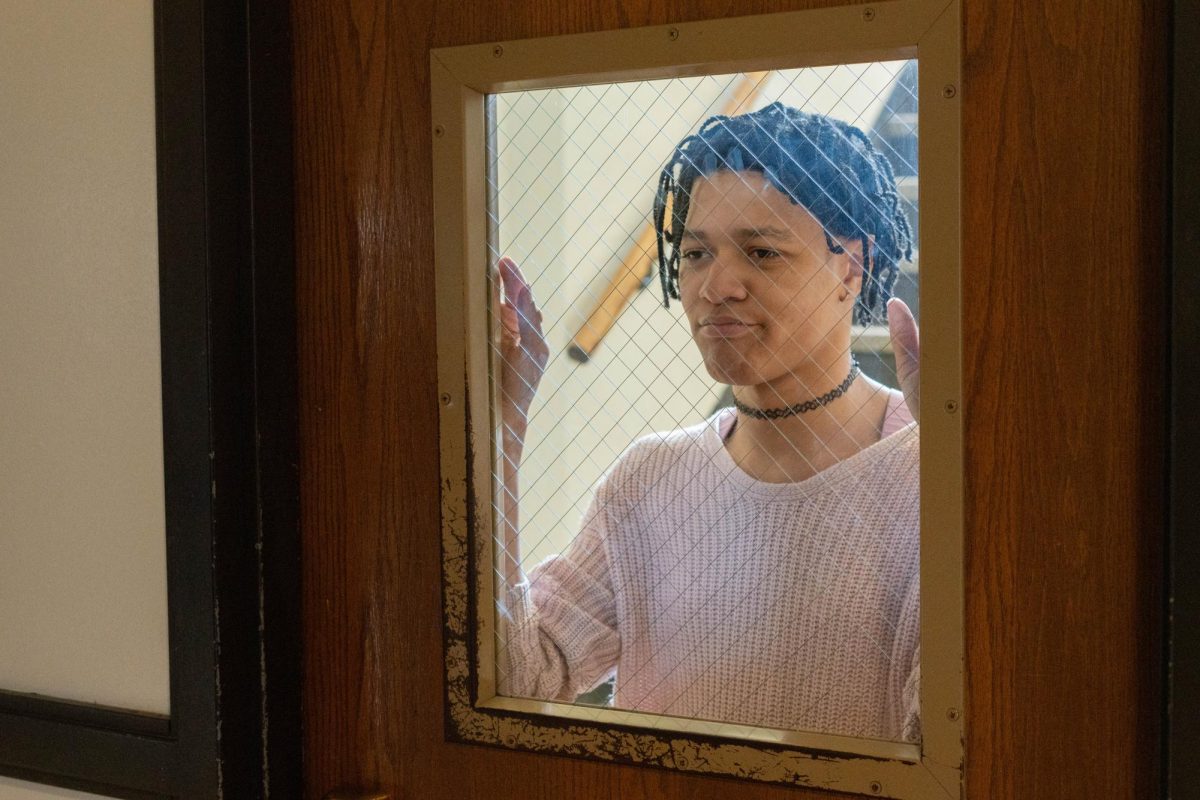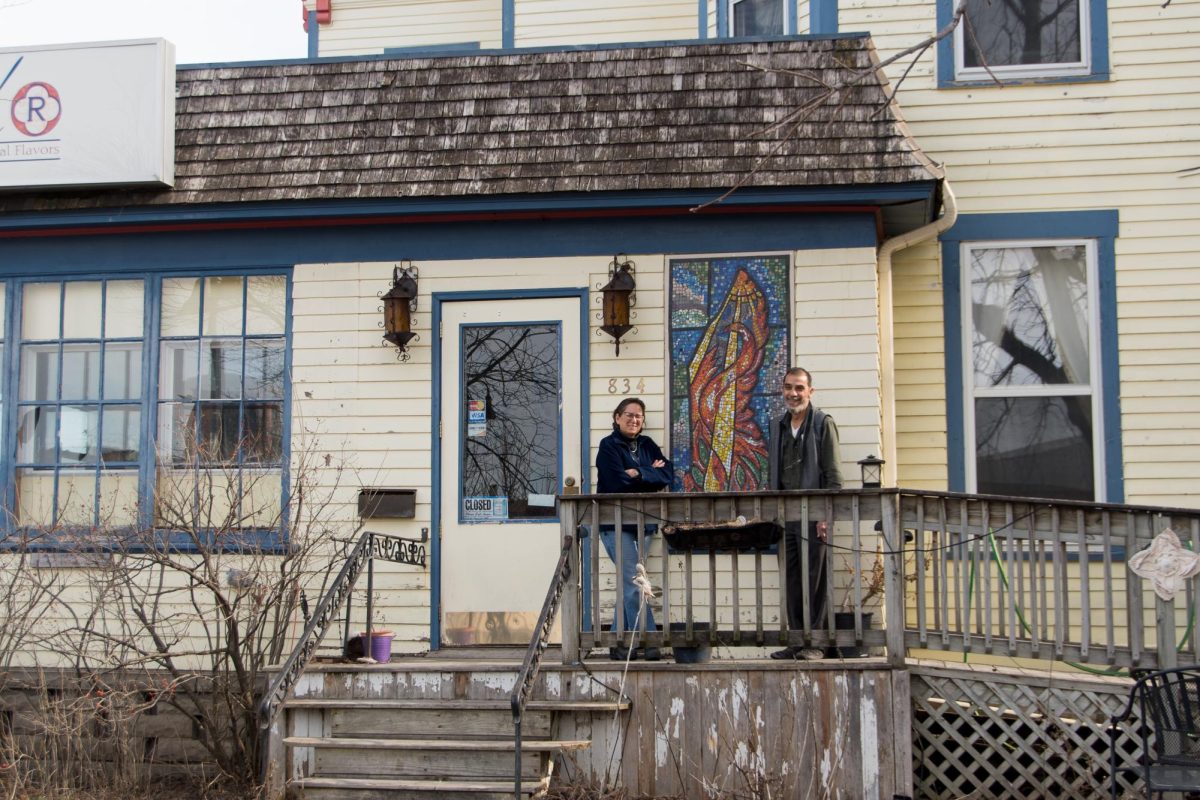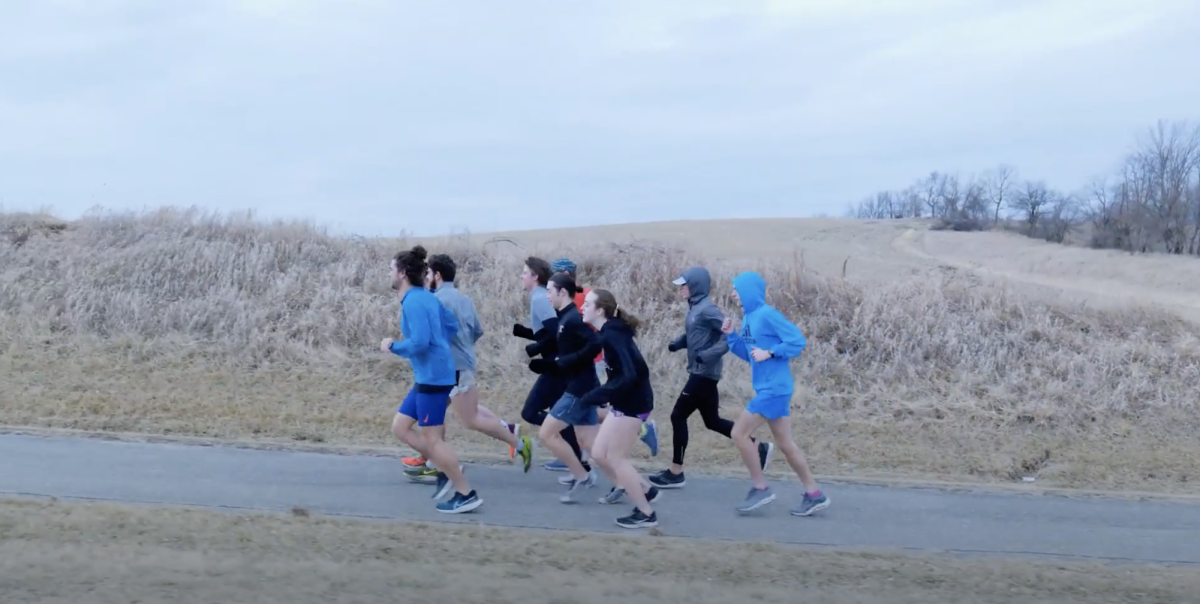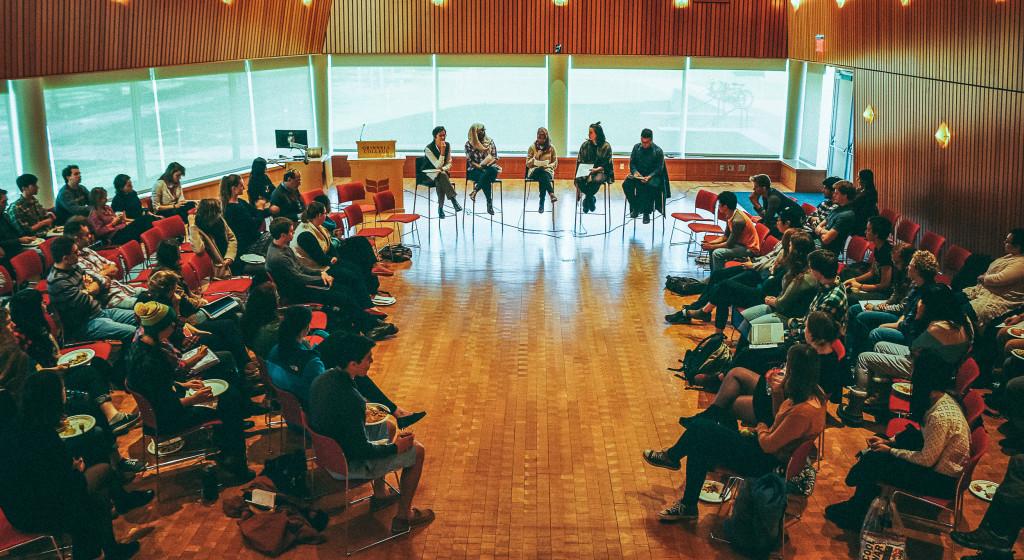The current crisis in Syria has had a devastating impact on the lives of the Syrian people. The effects of a crushing, drawn-out civil war are being compounded by an invasion from the Islamic State from the east, leading to a mass exodus, and as a result refugee crises in other parts of the world. Many Syrian refugees have chosen to flee to countries in the European Union, which is hesitant to accept them because of a purported economic burden they would place on the nations.
With these global events in mind, members of the Grinnell community gathered together in JRC 101 on Tuesday morning, Nov. 10, to have a conversation about religious refugees. The conversation was led by a panel consisting of three students with personal or familial refugee stories, as well as two faculty members with expertise on the issue.
The decision to hold this panel originated in a previous panel on the European crisis held a few weeks ago.
“The trigger for this event was a question raised … from the panel on the refugee crisis in Europe,” said Rabbi Rob Cabelli, who facilitated this event.
Farah Omer ’19, the first speaker, began by reading a poem. Her family fled Somaliland during the civil war and the poem was written by a fellow Somalian refugee. Her family, she explained, became global nomads as a result of the Somalian crisis. She has five sisters who all live on different continents.
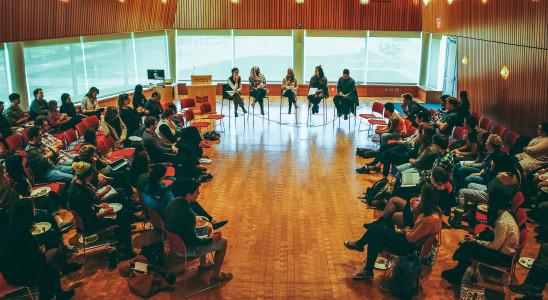
“We always sense the fear of those who hosts us, the host countries, that we are here to stay—that we are going to drain the resources and force [host countries] to change [their] way of life for us,” Omer said.
She went on to explain that, for any refugee, the place where they end up is their second choice. Just as host countries are reluctant to help refugees, the refugees are just as reluctant to leave their home in the first place. This, she explained, is only a matter of pure necessity.
The next to speak was Zina Ibrahim ’17, whose parents fled Ethiopia to escape a brutal military dictatorship.
“Members of my family were a part of the Ethiopian People’s Revolutionary Party. It was a student-led group that attempted to overthrow Mengistu [Haile Mariam],” Ibrahim said.
She went on to explain how her family’s ties to the revolutionary group forced them to leave the country. As a result of all of this, Ibrahim noted that it was instilled in her at an early age that she was American, not Ethiopian.
Jeca Kaplanovic ’16 was the third and final student to speak. She grew up in Serbia during the height of the Yugoslav Wars, in which the former Yugoslavia split up and the Bosnian Genocide occurred.
“I had a very happy and oblivious childhood. I grew up in a house full of people. There were fifteen people with five babies living in a three-bedroom apartment,” Kaplanovic said.
It was not until she was older that she realized her full household was due to the crisis during the time.
“I was actually living in a full house because my family took in refugees from Bosnia, who were escaping the persecution,” she said.
Following the talks by Omer, Ibrahim and Kaplanovic, Professors Gemma Sala, Political Science, and David Cook-Martín, Sociology, introduced ways in which the refugee crises played out in the global context. They spoke about the formation of national identities and reasons why European countries, along with other countries around the world, are reluctant to take in refugees.
Some of the reasons are economic, with countries not wanting to support refugees. However, another big factor is national identity. States are often reluctant to take in refugees of a different religion, race, ethnicity or linguistic background.
An overarching theme of the discussion was the high level of emotion associated with all the people who became religious refuges, or those who knew them.
“I was just reminded of the pathos—the deep feeling and emotion that goes along with shifts in our life circumstances,” Cook-Martín said.













